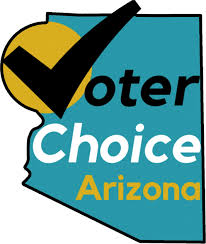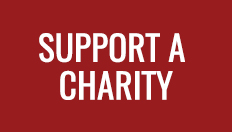Meet “ranked choice voting”, a form of voting that is difficult to explain but refreshingly intuitive, once you try it.
Actually. Lemme rephrase that. It’s not difficult to explain. But, it takes more time to explain than the 30 seconds allotted in our Twitter feed quick consumption media landscape.
But not much longer.
Furthermore, it holds a key to how our American democratic experiment might survive.
Ask people who have used the system and they immediately get it. It is an experience thing.
Here. I’ll explain it.
Ready?
You rank the candidates in the order you want to see them win.
Tadaaaaah!
I really like how this video explains the concept and how the votes are counted.
There are huge benefits to that. In our current “winner take all” system, you may have a majority of people who are unhappy with the winner because the vote was so divided that the winner had less than 50% of the vote, or a plurality.
Or, as we all know, we get divided in to political camps that are dominated by the extremes in each camp. You know, the thing that our founding fathers did not want to happen.
Did I mention that ranked choice voting, or “RCV” eliminates the primary election? That is why it is also referred to as an “instant run-off election.”
Imagine the cost savings and seeing fewer campaign signs since there would no longer be a primary and a general election.
Further, RCV creates a system where candidates have to do reach out beyond their base voters, since they are running against everybody else.
This is not an academic discussion for me. I was honored to work on an RCV election in Australia in 2006. I saw how simple it was. But, more importantly, the people there were less wedded to their parties, to their tribes. There were more parties, as a result –and more ideas.
If their #1 choice did not get in, then their #2 might have, so they were less likely to be dissatisfied and they felt that the system offered them more.
Less tribalism, more finding common ground, saving money on elections. Who doesn’t wan’t that? RCV just passed in Alaska and it has been in effect in Maine for one election.
Alaska, BTW, is a very conservative state and Maine is more liberal. In Australia, the conservatives win just as often as the liberals.
So, in case you are thinking that RCV favors one party over another, it does not.
There is an effort in Arizona to bring this to our state. It is a hard uphill battle, since neither political party wants it. They know that it will dilute their power.
But, I’m an American first and my party comes second. I hope you feel the same way.










